It’s been three years since I truly began familiarizing myself with the rhythm of Connecticut, part of what people here call the East Coast. My first encounters with this state date back over 25 years, to my sister’s college days in Bridgeport. I’d visit from Europe during her breaks, ride in her beat-up Toyota along the coast, and take in the contrast. Back then, my world was NYC, and Connecticut felt like untamed wilderness. Now, decades later, I return regularly and spend my summers here. This time, I’m seeing Connecticut through my son’s eyes—he studies and plays hockey here. And I’m realizing that being here isn’t just about adjusting; it’s about learning an entirely different set of codes.
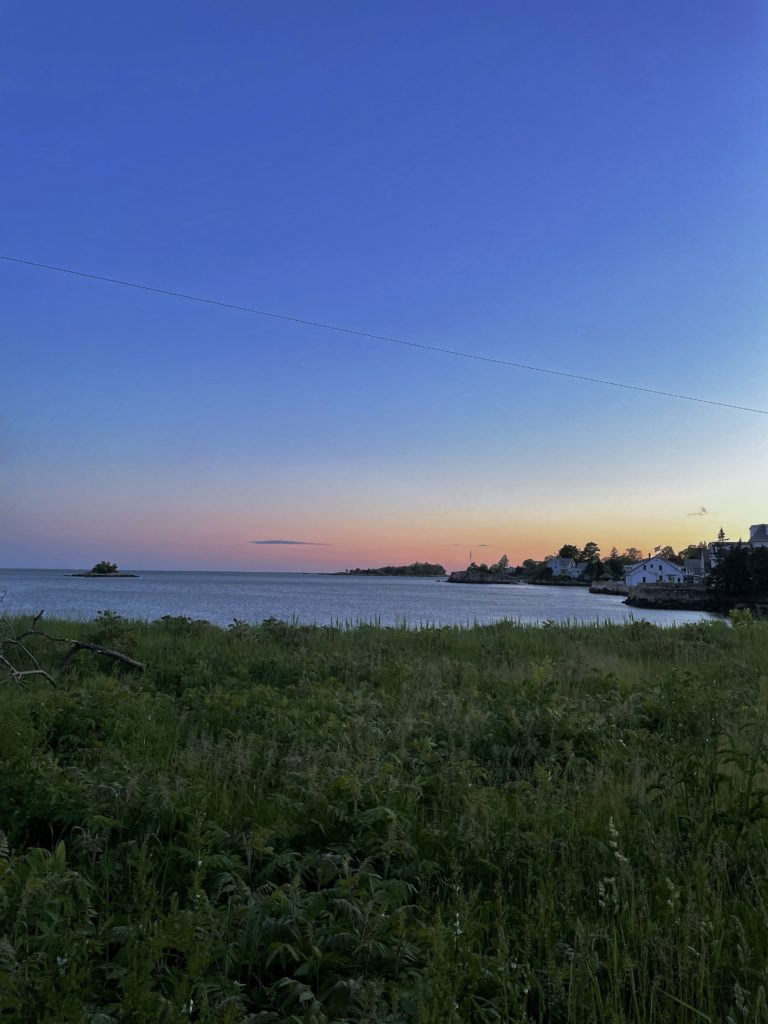
Beyond the overwhelming scale—and yes, everything really is supersized: from cars to lanes to coffees—I’ve been trying to decode the social atmosphere here. Nearly everyone you meet is overtly friendly, and I can’t help but wonder what lies beneath what sometimes feels like superficiality. I’m simply no longer accustomed to such effusiveness. It’s a stark contrast to the dryness you experience meeting people for the first time in Switzerland. But Switzerland is WYSIWYG—what you see is what you get. No codes to decipher; it’s all out in the open. For me, at least, it was easy to gauge the temperature and quickly navigate social settings there. In the U.S., after three years of regular visits, I’m still learning, still confused. Her email tone was so warm and friendly, so why hasn’t she responded to my essential question from over five days ago? This kind of confusion often leaves me nervous. Did I do something wrong? A faux pas? It happens frequently: one minute you’ve made your best friend, the next they’re blanking you. Yes, there’s definitely a code in human interaction I’m still trying to figure out. My son seems at ease with it, but I subtly miss the familiar Swiss directness.

A Different Kind of Curiosity
Yesterday, at my son’s girlfriend’s graduation party, I found myself navigating a social scene that felt both familiar and distinctly American. A pizza food truck held court in their driveway, and as I stepped into their spacious, cheerfully decorated backyard—tents, tables, and ice chests brimming with treats—the nostalgic hum of ’90s music filled the air. I was introduced to her extended family and friends simply as “the boyfriend’s mom from Switzerland.”
What followed was a flurry of questions. People wanted to know about Switzerland, my flight, what I do for a living, and where I was staying in Connecticut. This kind of polite curiosity felt like a homecoming. Growing up as a “dip kid” attending international schools worldwide, I was accustomed to meeting people who asked me countless questions. That changed when I moved to Switzerland nearly three decades ago; for some reason, the Swiss rarely, if ever, ask direct conversational questions—perhaps out of politeness, or maybe indifference. But here, in the U.S., they want to know, or at least they give a compelling performance of curiosity, eager to find the next thread to extend the conversation. Whatever their motivation, I genuinely enjoy these opportunities.
“Where are you originally from?”
But I also noticed something interesting: for all the questions, no one asked the most obvious one—”Where are you originally from?” That stood out. In Europe, where history carries more weight in daily identity, people often ask where you’re from right away, when they see that you don’t visibly ‘fit in’. There’s often a subtle, or not-so-subtle, sorting process. But here, people seemed more interested in where I am now—living in Switzerland, why I was at the party—than where I was from. It was less about origin, more about presence.
This different kind of curiosity, focused on who you are now rather than where you come from, feels liberating. It may be superficial at times, but it’s inclusive in a way that’s unfamiliar yet refreshing. It echoes the American ideal of reinvention and individuality.
The U.S. has a solid place for diversity, woven into the country’s identity, unlike in Europe, where it still feels like a concept being figured out. Maybe that’s why no one felt the need to question my origins; it simply didn’t matter in that moment. It felt like another subtle but telling part of the American social code I’m still learning to navigate.
My son is mixed-race. In Switzerland, he never fully felt a sense of belonging. He rarely talked about it, but that quiet exclusion left a profound mark. Here in the U.S., he’s simply seen for who he is. No one questions his belonging, or perhaps more accurately, they don’t assume that looking Asian automatically means you must be “from somewhere else.” That seemingly small shift in perception makes an enormous difference.
The Land of Individual Freedom
In many ways, the U.S. still feels like the wild, wild West—a place where rules and the absence of rules coexist, where human codes follow a different kind of logic. It’s a landscape full of signals to decode and social settings to navigate. Sometimes, I feel like I’ve been dropped into a real-life survival show; my instincts are fully awake, my radar finely tuned. I’m no longer on autopilot.
I see bikers without helmets speeding past at over 70 miles per hour and think, Are they out of their minds? Why are some laws here so strict, while others seem nonexistent? These contrasts make me pause and reflect, and I keep coming back to one idea: this really is the land of individual freedom. There’s no other country quite like it. The concept of personal liberty is deeply embedded here. And so is the pride that comes with it. American flags are everywhere, all year round, on lawns, stretched across town streets, even on cars. The patriotism is visible, and it’s not shy.
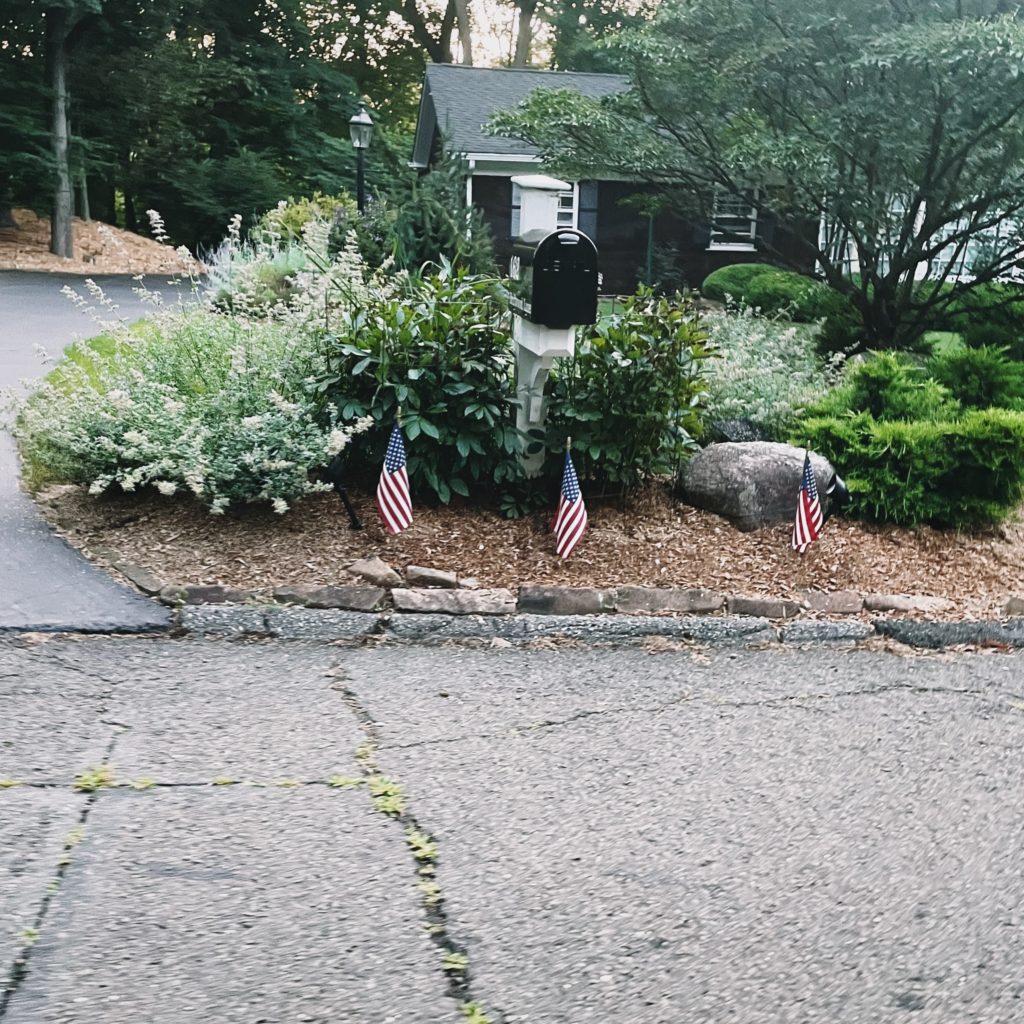
While I’ve come to appreciate this energy, part of me still misses home—Switzerland. The safety, the standardization, the predictability. The codes I know by heart. The WYSIWYG culture: what you see is what you get. I know how things work there. And yet, as soon as I’m back, a quiet nostalgia for the land of freedom creeps in.
The clarity of collective order and the chaos of individual freedom. Both worlds stretch me in different ways. One is safe and knowable, the other messy but freeing. I find myself longing for whichever one I’m not in. Maybe that’s what it means to live between cultures—always a little homesick, and always a little awake.
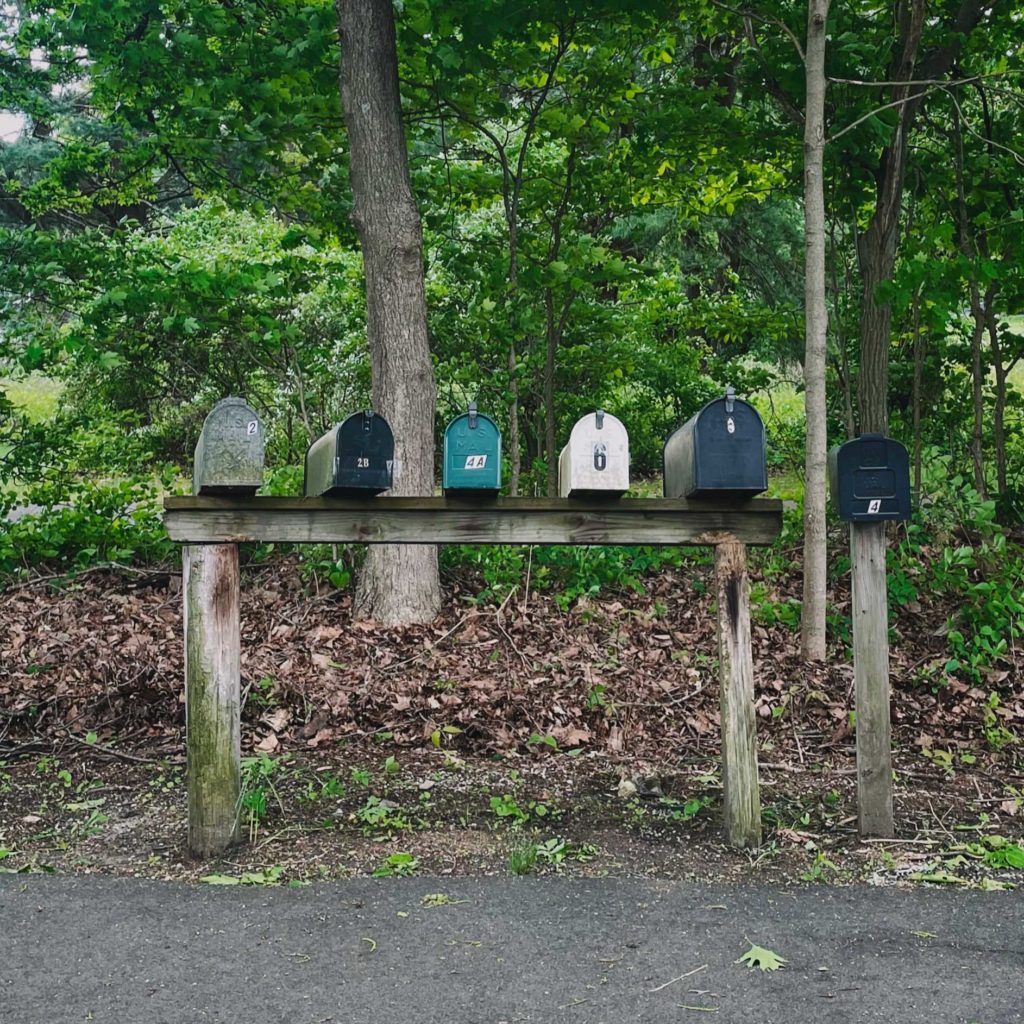


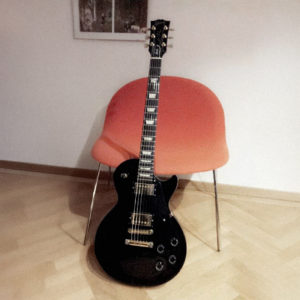
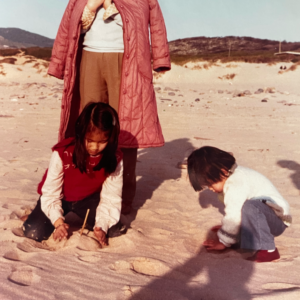

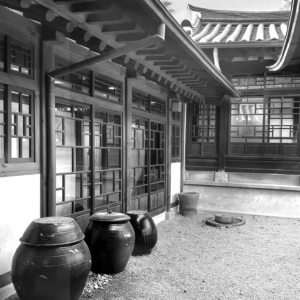

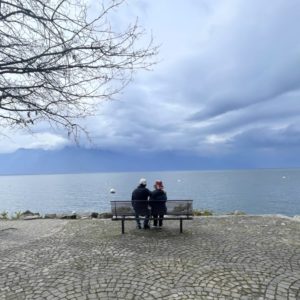

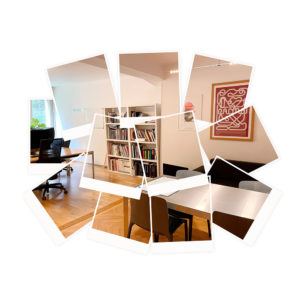
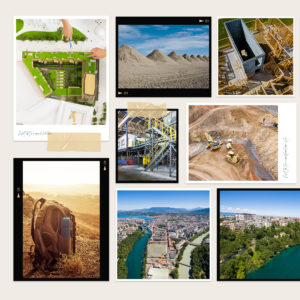
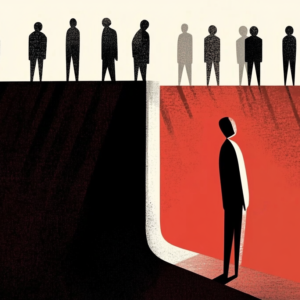

0 Comments